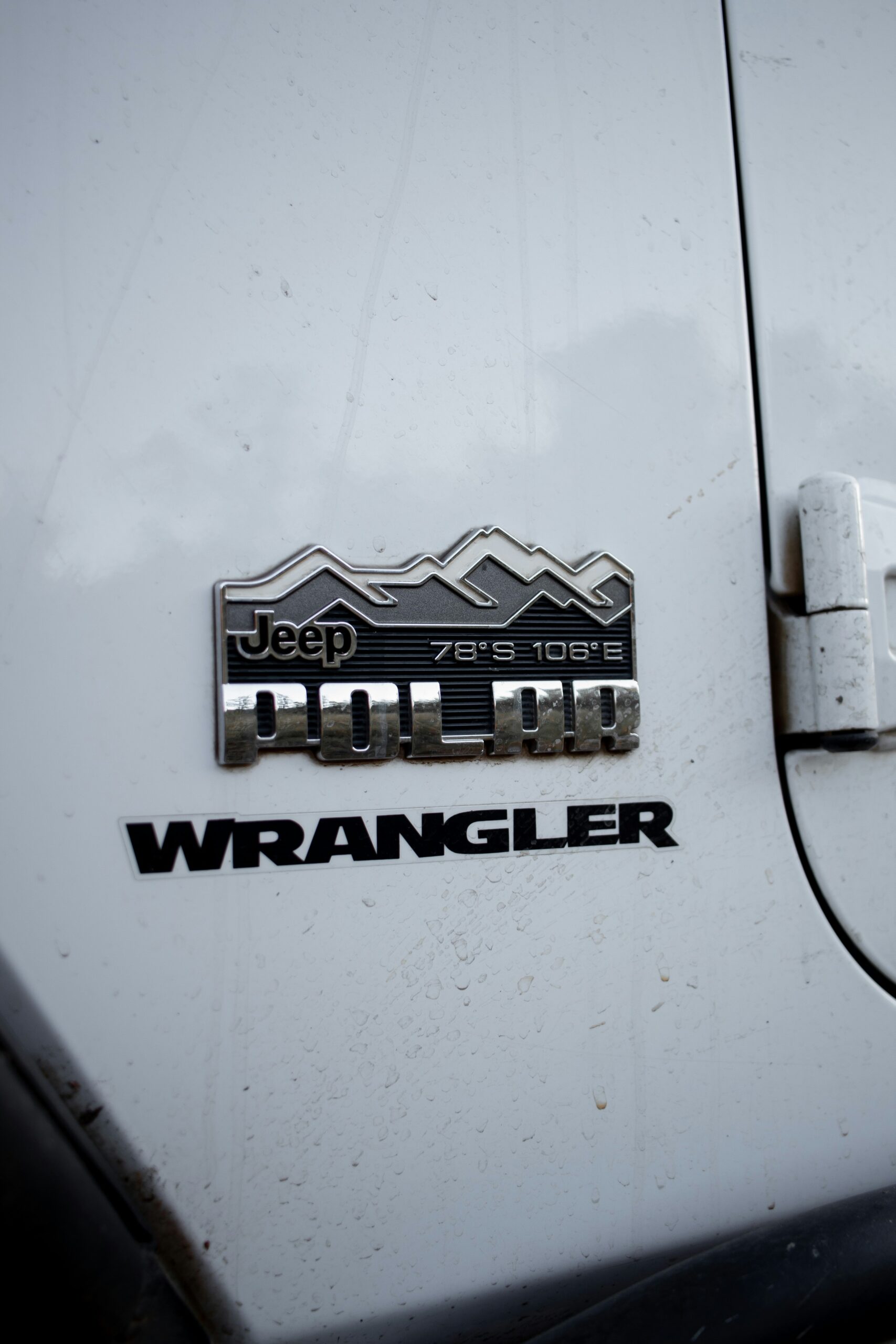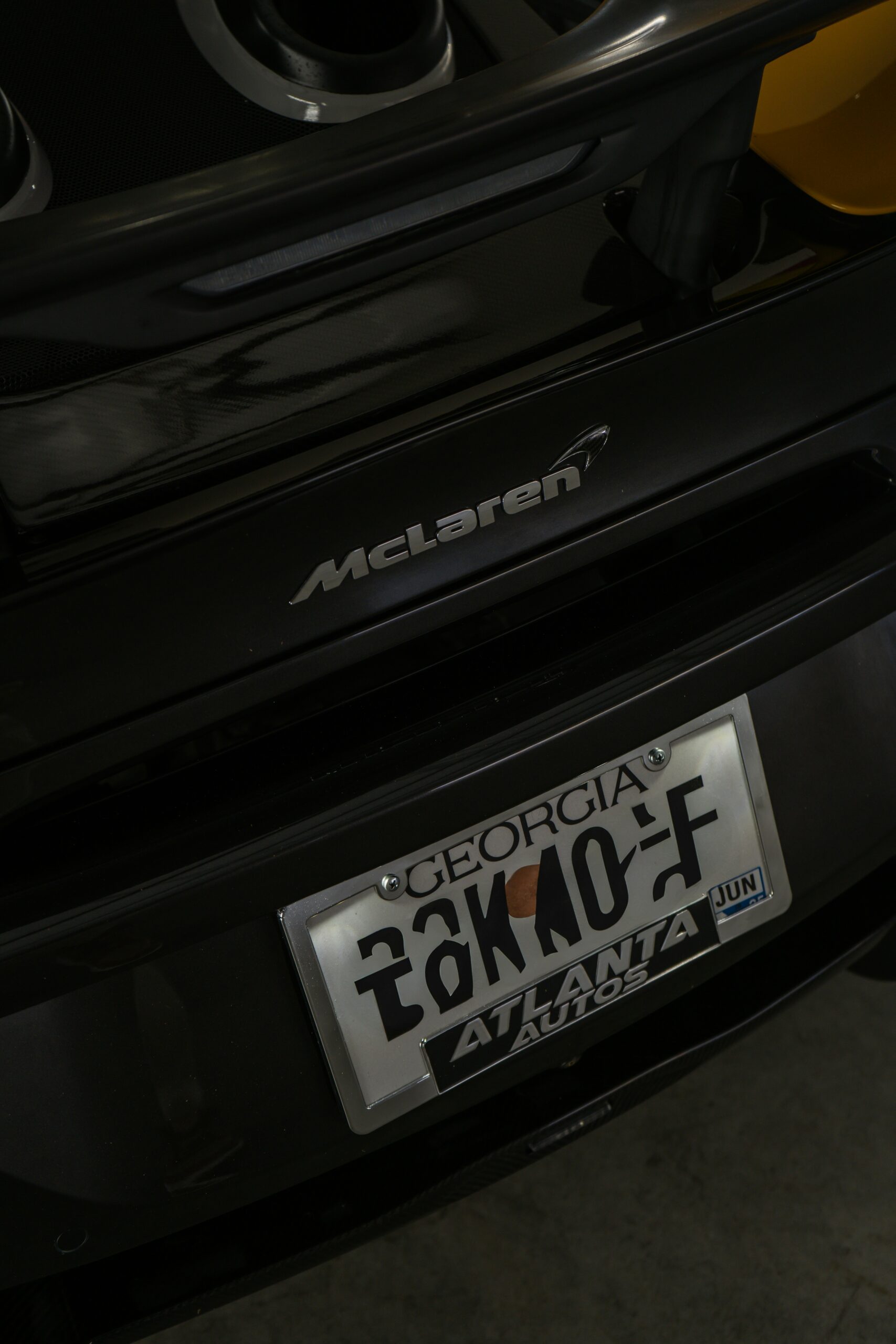Have you recently purchased a monocular or are you considering getting one? Whether you are a nature enthusiast, bird watcher, or enjoy outdoor adventures, understanding the warranty period for a monocular can ensure you maximize your investment. Let’s delve into the details of warranty periods so you can make informed decisions.
Understanding Monocular Warranties
When you purchase a monocular, it’s vital to understand what the warranty covers and how it can protect your purchase. Warranties can vary significantly from one manufacturer to another, in terms of both duration and coverage. They offer peace of mind, ensuring that you receive a quality product that meets your expectations.
What Is a Warranty?
A warranty is essentially a promise from the manufacturer that your monocular will function as advertised for a certain period. It assures you that the monocular is free from defects in materials and workmanship and, if any issues arise within the warranty period, you can have it repaired or replaced.
Why Do Warranties Matter?
Warranties are important because they protect you from manufacturing defects and ensure that you have a functioning monocular for your adventures. They also reflect the manufacturer’s confidence in their product, giving you additional confidence in your purchase.
Types of Warranties for Monoculars
Monocular warranties can differ based on the manufacturer, model, and even the specific product line. Let’s explore the various types of warranties you might encounter.
Duration-Based Warranties
Most monoculars have duration-based warranties, where the warranty period is defined by a set number of years. Common durations include:
- 1-Year Warranty: Common for budget or entry-level models.
- 2 to 3-Year Warranty: Often found in mid-range products.
- Lifetime Warranty: Available for high-end or premium monoculars.
Limited vs. Full Warranties
Beyond duration, warranties can also be categorized based on their scope of coverage:
- Limited Warranty: Covers specific parts or issues but may exclude things like accidental damage or normal wear and tear.
- Full Warranty: Offers comprehensive coverage, ensuring repairs or replacements for most defects and issues.
Transferable Warranties
Some manufacturers offer transferable warranties, meaning the warranty can be passed on if you sell or gift the monocular. This feature can be beneficial by increasing the resale value.

Factors Influencing Warranty Periods
Several factors can influence the warranty period offered for a monocular. Understanding these can help you select the best option based on your needs.
Manufacturer Reputation
Established manufacturers with a reputation for quality often provide longer warranty periods. They have confidence in their products and back them up with favorable warranty terms.
Product Line and Price Point
Higher-end product lines typically come with longer warranties. This is because premium models use higher quality materials and engineering, reducing the probability of defects.
Intended Use
Monoculars designed for harsh conditions, such as water-resistant or shockproof models, may have better warranties, reflecting their robust build quality.
Reading and Understanding Warranty Terms
Navigating the legal language of warranties can be tricky. Here’s how you can better understand the warranty terms for your monocular.
Key Components of Warranty Documentation
- Duration: Clearly states how long the warranty is valid.
- Coverage: Specifies what is covered under the warranty and any exclusions.
- Limitations: Defines any conditions that might void the warranty.
- Claim Process: Outlines steps to file a warranty claim and what documentation is needed.
Common Exclusions
It’s important to note common exclusions that might not be covered, such as:
- Accidental damage from drops or spills.
- Normal wear and tear from regular use.
- Cosmetic damage not affecting functionality.
Carefully Reviewing Fine Print
Every warranty includes fine print that should not be overlooked. Ensure you understand the responsibilities placed on you for regular maintenance and proper use, as neglect can void your warranty.

How to Make a Warranty Claim
Should an issue arise with your monocular, knowing how to effectively make a warranty claim can save you time and hassle.
Initial Steps
- Review the Warranty: Ensure the defect is covered.
- Document the Issue: Take photos and gather receipts or proof of purchase.
- Contact the Manufacturer: Use the contact information provided in the warranty documentation.
Manufacturer Response
Manufacturers typically require you to send the product for evaluation. They might repair the monocular, replace it, or, in some cases, offer a refund.
Keeping Records
Maintain a record of all your communications and transactions regarding the warranty claim to ensure a smooth process. This documentation can be invaluable if disputes arise.
Enhancing Your Warranty Experience
Having a monocular comes with responsibilities beyond just filing claims. Here’s how you can enhance your ownership.
Proper Maintenance and Care
Regularly cleaning and storing your monocular properly can prevent damage and ensure longevity. Check if the manufacturer recommends specific cleaning agents or methods.
Knowing When to Use Warranty
A warranty shouldn’t be your first line of defense. Before filing a claim, assess whether the issue results from misuse. Sometimes, simple fixes like cleaning or adjusting settings can solve a problem.

Conclusion
Understanding the warranty period and terms for your monocular is crucial for making a well-informed purchase. It equips you with the knowledge to make the most of your investment and protects you against unforeseen issues. Whether you opt for a budget model with a shorter warranty or splurge on a high-end monocular with a lifetime guarantee, knowing exactly what you’re getting into will help you enjoy your monocular with confidence. Remember, warranties are more than just a formality—they’re your assurance that you’re buying a quality product tailored to meet your needs and adventures.
